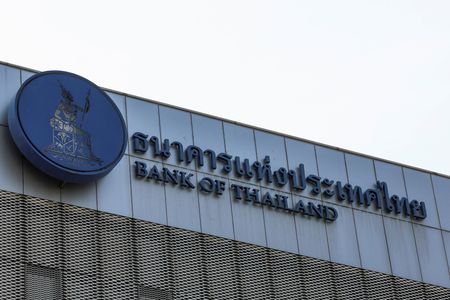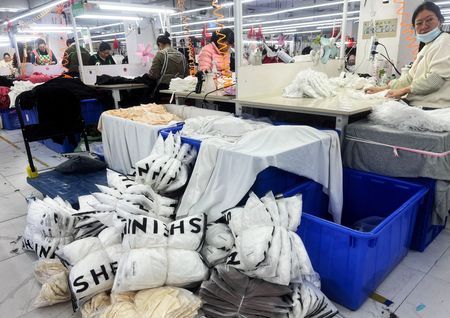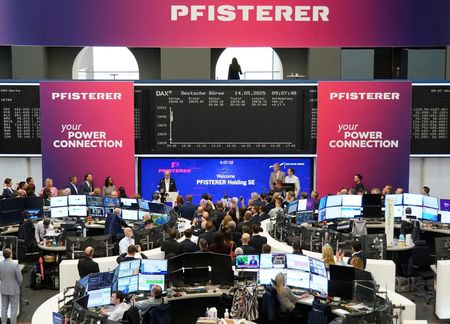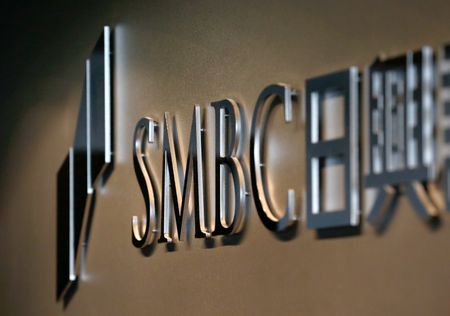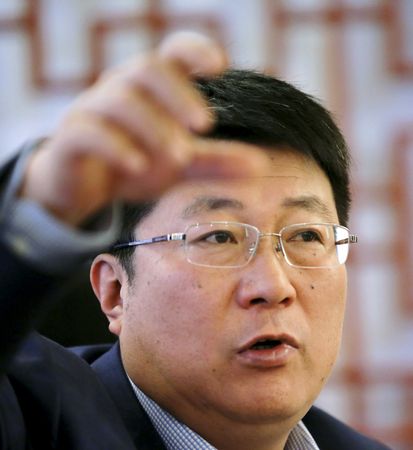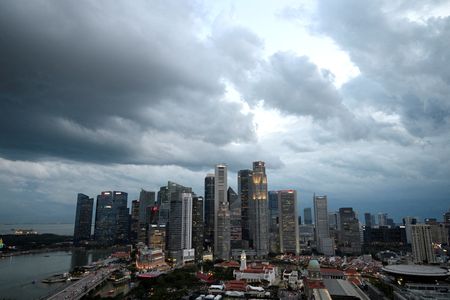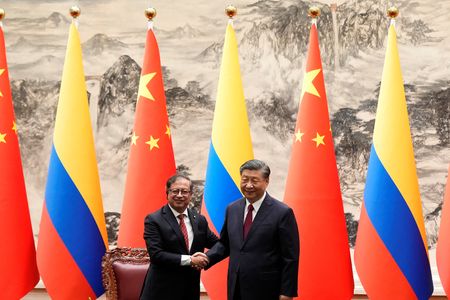By Orathai Sriring and Thanadech Staporncharnchai
BANGKOK (Reuters) – Thailand’s monetary policy is accommodative for handling some future risks for the country’s worsening economic outlook as U.S. tariffs intensified global trade tension, central bank officials said on Wednesday.
The Bank of Thailand cut its key rate at the last two consecutive meetings, to 1.75%, the lowest in two years, to support the underperforming economy, and officials said policy room was now limited.
“The remaining monetary policy room is not much … Policy space is for supporting severe events, such as if the global financial system has problems,” deputy governor Piti Disyatat told a policy forum.
Piti told Reuters earlier this month the central bank was ready to ease policy again, if needed, to support Southeast Asia’s second-largest economy through the global trade war.
The rate reduction, however, will not help increase access to credit for businesses, nor was it a key factor for investments Piti said. The central bank’s next rate review is on June 25.
Thailand is among the Southeast Asian nations hardest hit by U.S. President Donald Trump’s measures, facing a 36% tariff if a reduction cannot be negotiated before a moratorium expires in July.
Thailand has sent a trade proposal to the United States as it seeks negotiations, Prime Minister Paetongtarn Shinawatra said on Tuesday.
In minutes of the Bank of Thailand’s April 30 monetary policy released on Wednesday, the central bank said the economy was likely to grow at a slower pace than previously anticipated, with heightened risks stemming from global trade tensions that had intensified more than expected.
It said most members felt it appropriate to cut the policy rate “to be consistent with the worsening economic outlook, address heightened downside risks, and align financial conditions with the evolving economic and inflation outlook.”
The committee saw the need for monetary policy to be outlook-dependent and voiced worries about the quality of retail loans, particularly housing loans, the minutes showed.
Foreign tourist arrivals might not return to the pre-pandemic level of 40 million annually in the next one to two years, and trade uncertainty would hit private investment, it said.
The committee said the baht had been volatile and was not aligned with economic fundamentals, which could undermine the competitiveness and adaptability of businesses.
Headline inflation was projected to remain below the target range of 1% to 3% in 2025 and 2026, and financial conditions would remain tight, the minutes said.
(Reporting by Orathai Sriring, Thanadech Staporncharnchai and Chayut Setboonsarng; Editing by John Mair, Martin Petty)

